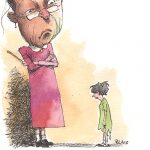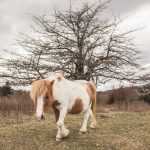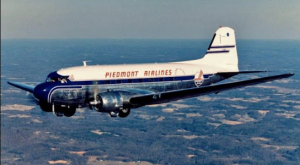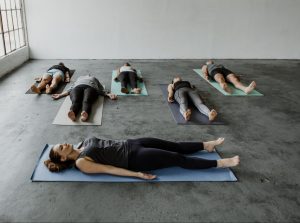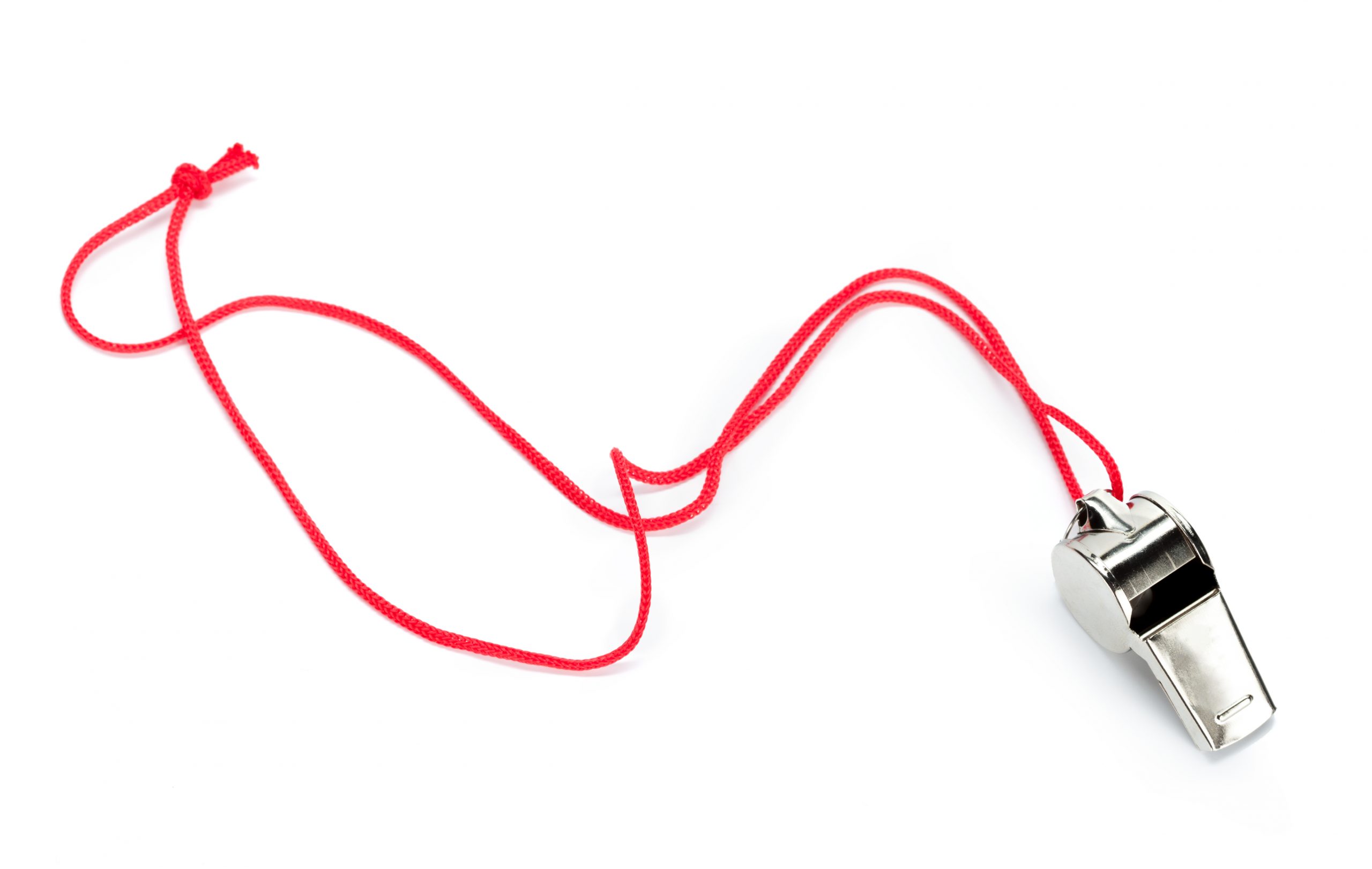
April’s Aviary
Remembering the Birds of Paradise
By Jim Dodson
Reprinted with permission from the April issue of PineStraw Magazine.
Maybe T. S. Eliot had it right about April. It is the cruelest month, breeding lilacs out of the dead land, mixing memory with desire, stirring dull roots with spring rain.
That was certainly the case for me 35 years ago this April when I ventured out to a rain-rutted ball field with broken fences, a few blocks from my house in midtown Atlanta, simply looking to write a sweet little piece for the Sunday magazine where I worked about the return of spring and rebirth of youth baseball in my racially mixed neighborhood.
Truthfully, I hoped such a piece might provide a much-needed lift to my mood, complicated by the breakup of my marriage engagement to a local anchorwoman and the work I’d been doing of late, interviewing pointy-headed Klansmen in Alabama and writing about Atlanta’s dubious new designation as the “Murder Capital of America.”
In short, it was a city under siege from a wave of terrifying murders of adolescent Black kids that started the summer of 1979. More than a dozen young men had been killed by some unknown person or persons, their bodies grimly tossed into the Chattahoochee River. The police seemed helpless to find the perpetrators, and the city was on a knife’s edge of tension.
Maybe sixty kids showed up for the League tryouts that warm April afternoon, barely enough to compose five teams. I watched them go through their drills and the league’s director, a slightly frazzled woman with gray hair and a clipboard, a tough old bird named Miss Brenda, divide them up into squads, leaving one team — the Highland Park Orioles — one player short.
They were also missing a coach.
The Reluctant Coach
Miss Brenda spotted me making notes behind the sagging third-base fence and walked over.
“Hey, you know anything about baseball?”
I admitted I’d played growing up in North Carolina. Baseball was my passion at that time. I was also personally subsidizing Ted Turner’s cellar-dwelling Braves with a season ticket and had just written a profile of Braves slugger Dale Murphy for a national sports magazine.
“Great,” she said, “you can coach the Orioles. Their coach didn’t show up.”
“Oh, really, no I can’t,” I protested.
She gave me a hard look. “Why is that? You don’t like kids?”
So I gave in. I really don’t know why. She handed me a list of twelve names and a shopping bag with fifteen Oriole orange T-shirts, all the same size.
“I’ve got you guys scheduled for a first practice tomorrow. The season starts Saturday morning. You’re playing the Astros. Last year they won the league title.”
I went back to my new apartment on the ground floor of an old mansion on Monroe Drive and opened a cold beer, wondering what I’d gotten myself into.
Eleven players showed up for the first practice, seven Black kids, four white. Four players were head and shoulders above the rest — Alvin, Pete, his brother, Freddie and Rodney. They were pals from the same block in Capital Homes, possibly the worst housing project in the city, a place so dangerous even the beat cops I knew well hated to venture there after dark.
The Gang of Four, as I took to calling them from day one, filled the most vital spots on the field. Easygoing Freddie went to first, his chatty brother Pete pitched, Alvin took third and a fireplug named Rodney caught. Pete and Alvin would alternate at pitcher. Both had blazing fastballs and remarkable control.
Milkshake Heroes
If the infield was anchored by four terrific athletes, the rest of the field was chaos, seven kids who’d never played organized baseball. Two didn’t even have decent gloves. The first of many financial investments I made in the team was to purchase a couple of fielder gloves the night before our first game. Another was to spring for a dozen (cheap) orange baseball caps.
We got drilled that Saturday by the mighty Astros, a lopsided game owing in part to the fact that Rodney the catcher failed to show up. The fill-in catcher kept jumping out of the way of Pete’s fastballs.
“His daddy won’t let him come no more,” Pete explained.
“Why is that?’
“He don’t want him to get killed by the crazy man.”
After the game, I drove the gang home in my aging Volvo wagon. On the way there, for reasons that elude me, I stopped at Woody’s and bought them chocolate milkshakes. Woody’s was a neighborhood institution, run by a couple of fastidious fellows who made the city’s best milkshakes and cheese steaks.
The gang lived off a street ironically named Paradise Street. Pete directed me to Rodney’s house. I knocked and the door opened. A wary Black dude stared at me and asked me what I wanted.
I told him who I was and explained that we’d missed having Rodney at our first game.
“He wants to play. But he ain’t comin’ no more,” the man said.
“Why is that, sir?”
“Cause all this killin’ goin’ on. I don’t want him walkin’ nowhere.”
I nodded. “What about this. What if I agree to pick up Rodney and his friends and bring them home?”
His gaze narrowed suspiciously. “Why would you do that?”
“Because he needs baseball,” I said — choosing not to add that suddenly I realized I needed it, too.
“You do that,” he said, “and he can play.”
The next Friday afternoon we demolished the Chandler Park Yankees, who never even got a hit. The Gang of Four was incredible. After the game, I foolishly sprung for milkshakes again.
Birds of Paradise
Over the next eight weeks, as the grim body count from Atlanta’s missing and murdered children crisis mounted, we didn’t lose a game — won them, in fact, by lopsided margins, football scores. Pete and Alvin were basically unhittable. Ready Freddie was cool as a cucumber, and Rodney was born to catch. I started calling them all the Birds of Paradise. In a way, that’s what they were to me.
We easily won the league championship in early June, wiping the field with the once mighty Astros. We got nice little trophies and Miss Brenda wrung my hand.
“Thanks for helping out,” she said. “See you next spring.”
“Thank you,” I said. “But I might have a job in Washington.”
“Nah,” she said. “You’ll be back. The Birds will too.”
On the way home, we stopped off at Woody’s for a final milkshake and cheese steak. The team was so rowdy the owners threatened to throw us out.
The winter of 1980 was a busy one for me. I followed candidate George Bush across the frozen tundra of New England for the presidential primaries and went with him to Puerto Rico. I wrote more murder stories and hung out with the last gator hunter in the Okefenokee Swamp. Washington was still making noises, but the job offer didn’t come.
Miss Brenda called right at the crack of April. “Tryouts are this Wednesday, Coach. I’ll let you have the same players who’ve come back.”
The Birds of Paradise were all back. The routine resumed — adding a couple more from Capital Homes to the load.
Naturally our first game was a no-hitter. Milkshakes and cheese steaks followed.
The Birds of Paradise asked to see where I worked, so I brought them downtown to the Atlanta Journal-Constitution. They were beautifully behaved, perfect manners all around — though on the way home, as usual, they ransacked my car.
I suggested a team cookout at my apartment, hoping their parents might come. Only one white mother came. My new girlfriend helped out. The Birds had a glorious time playing my records and wrecking my home office, even finding my stash of Playboy magazines.
We didn’t lose a game in season two. Our victory supper was held at Woody’s, of course. The owners now welcomed us. The best part came when Dale Murphy stopped by to say hello. The Birds went crazy.
Cast Into the Wind
On a lark, I called up the president of the Buckhead youth baseball league and suggested we play an unofficial Metro championship. He liked the idea and suggested we do it at their field in the all-white suburbs. I even drove Pete and Freddie out to see the field. Unlike ours, their field had lights, actual bleachers, a perfect grass surface, even a concession stand.
A day later though, the Buckhead guy called me back and said we had to cancel. “Some of our parents think it might make your kids feel bad, given all that’s going on right now.”
I took the Birds for a final round of shakes and steaks at Woody’s and apologized.
A week or so after this, a self-styled music promoter named Wayne Williams was arrested for the murder of two adults and accused by Atlanta police of being responsible for twenty-three of the twenty-nine missing and murdered children. A year later he was convicted and is serving a life sentence.
Not long after that, I left for Washington and eventually moved to New England.
A decade later, I tracked down the original Gang of Four and invited them out to dinner in Buckhead with my wife, Alison.
Pete, Ready Freddie and Rodney showed up. Alvin was in the Army and couldn’t make it. Rodney was about to join the Navy. Freddie and Pete had both gone to college, Freddie on a scholarship.
We had a fine time, talking about those remarkable baseball seasons, then we hugged and parted, promising to stay in touch.
Not long ago I was in Atlanta on business and was pleased to discover Woody’s was still there, still packed, still selling great cheese steaks and shakes.
I sat in a corner booth where the Birds used to gather, making way too much noise and horsing around, thinking how grateful I remain to them for ransacking my life when I needed it most.
Wherever they flew away to in this world, I hope they know how much they meant to me.

